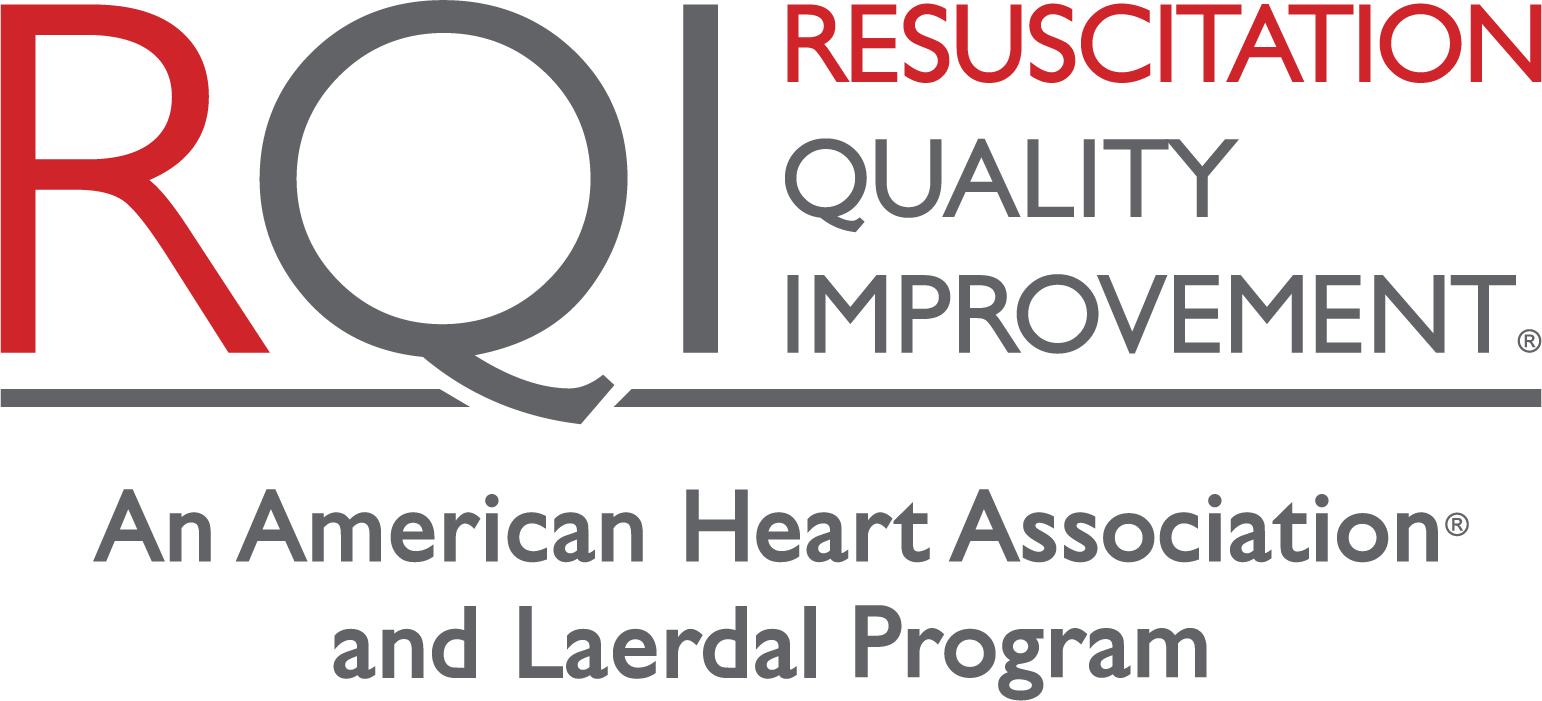Low Dose, High Frequency, RQI-Based
Implement to impact cardiac arrest survival: Telephone CPR Saves Lives
Undergraduate nursing students’ acquisition and retention of CPR knowledge and skills
Undergraduate nursing students demonstrated a significant decay of both CPR knowledge and skill 10 weeks following CPR training.
Assessment, Contextual Learning, Debriefing, Deliberate Practice, Feedback, Low Dose, High Frequency, Mastery Learning
Resuscitation Education Science: Educational Strategies to Improve Outcomes From Cardiac Arrest: A Scientific Statement From the American Heart Association
Low Dose, High Frequency, RQI-Based
Baseline Cardiopulmonary Resuscitation Skill Performance of Nursing Students is Improved After One Resuscitation Quality Improvement Skill Refresher
Adaptive Learning, International, Low Dose, High Frequency
Adaptive Spaced Education Improves Learning Efficiency: A Randomized Controlled Trial
Adaptive spaced education boosts learning efficiency, allowing students to achieve learning with substantially less effort.
International, Low Dose, High Frequency, Mastery Learning
Assessment of Longterm Impact of Formal Certified Cardiopulmonary Resuscitation Training Program Among Nurses
Traditional CPR training programs increase CPR knowledge and skill, but significant long-term effects could not be found. Regular and periodic recertification of CPR skills is needed.
International, Low Dose, High Frequency, Mastery Learning
Confidence vs Competence: Basic Life Support Skills of Health Professionals
Healthcare assistants and other support staff would benefit from more frequent resuscitation training to develop core BLS skills.
Low Dose, High Frequency, RQI-Based
Low Dose-High Frequency, Case Based Psychomotor CPR Training Improves Compression Fraction For Patients With In-Hospital Cardiac Arrest
Low dose-high frequency, case based psychomotor CPR training enhanced in-hospital clinical CPR quality.
Low Dose, High Frequency, RQI-Based
Low Dose-High Frequency, Case Based Psychomotor CPR Training Demonstrates High Levels of Program Compliance With Good CPR Quality Metrics
Low dose-high frequency, case based psychomotor training is a feasible method to enhance CPR skill retention in the hospital.
